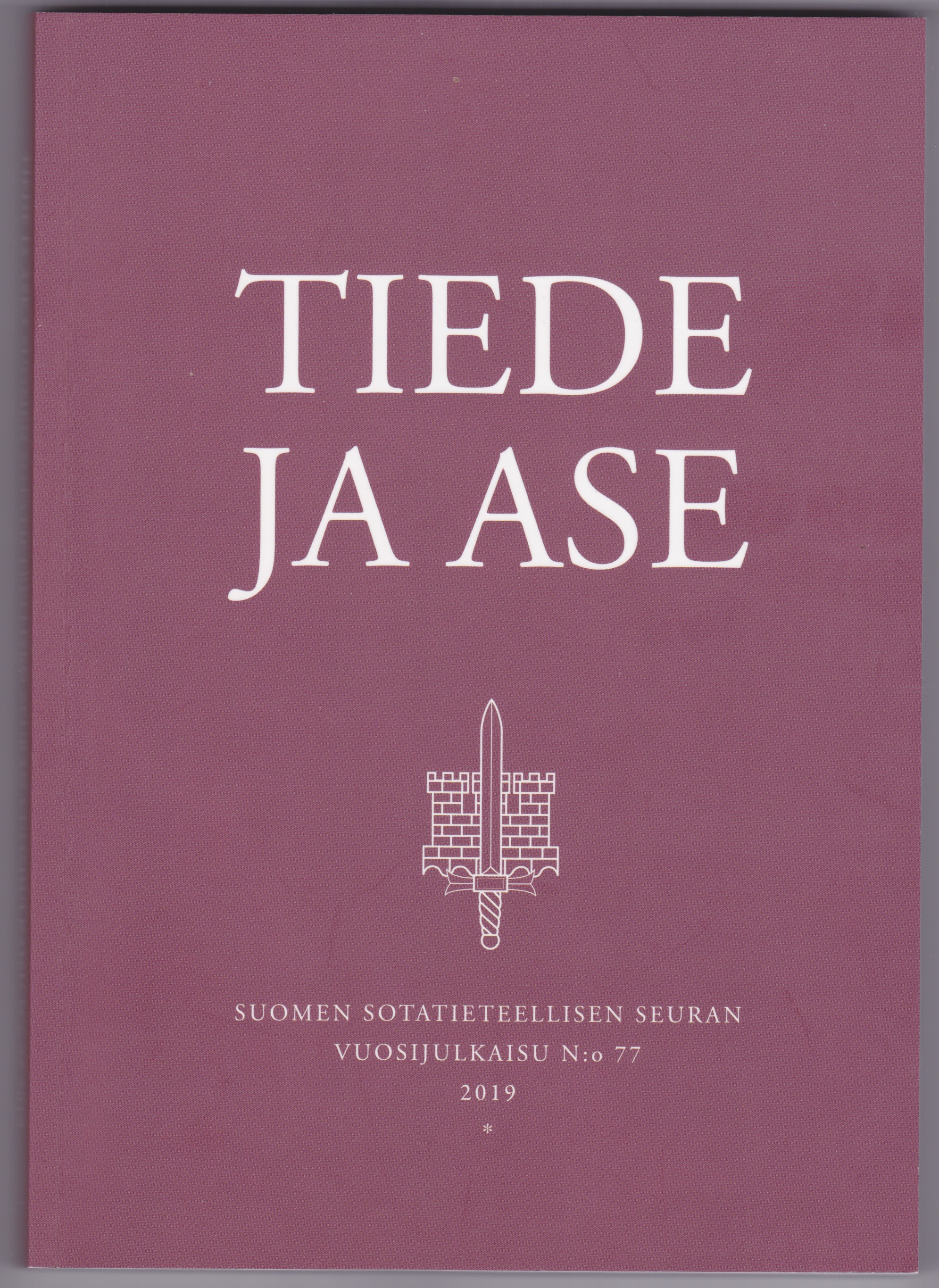Strateginen kulttuuri ja Yhdysvaltain voimapolitiikka epätavanomaisessa sodankäynnissä ja sotilaallisissa väliintuloissa
Abstrakti
In this article the concepts of political and strategic culture are dealt with, and the main focus is in figuring out how American strategic culture has affected U.S. decision-making in warfare in Vietnam, and in the interventions to Afghanistan and Iraq. In the case of unconventional warfare in Vietnam, the cold war strategic culture of the American decision-making led to extensive commitment to the war and its escalation. The U.S. external security commitments were perceived as an interconnected global network, where weakness to honour one key commitment would jeopardize others. In the U.S.-led intervention operations to Afghanistan since 2001 and to Iraq since 2003 the American decision-making reflected the reliance in western military superiority on the battlefield, which was and is an essential component in the U.S. strategic culture. As a result of the disappointment on these overoptimistic expectations, the intervener has tried to adapt her operations model to the local circumstances.

